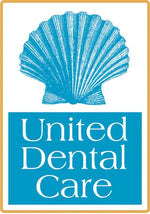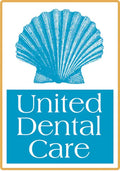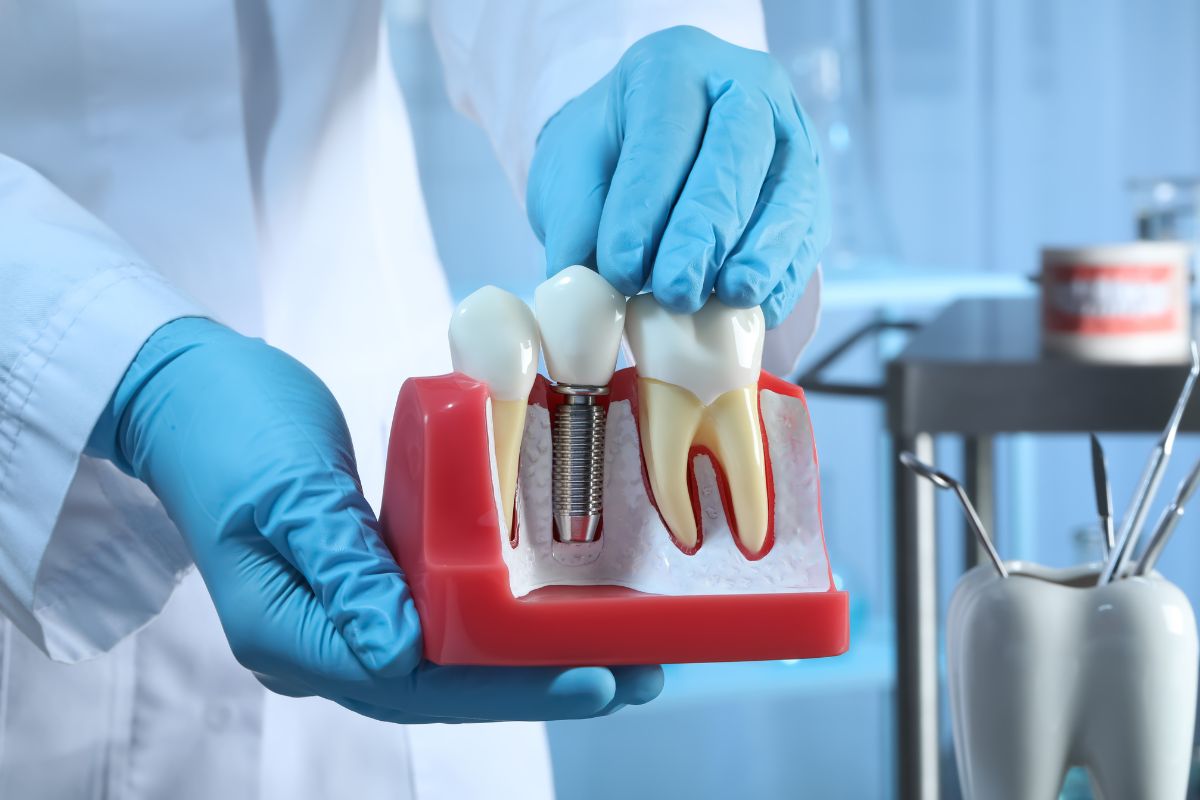Repair and Treatment Options for Chipped or Broken Tooth

Imagine biting into a warm, gooey chocolate chip cookie. When suddenly, a thin but crisp popping sound from your front tooth left a sharp, pulsating pain.
Your worst nightmare happened! A chipped tooth has now ruined your once-perfect smile.
This scenario is all too common and can be incredibly frustrating.
But don’t despair because several options are available to repair a chipped tooth. In this article, we will dive into the various treatments available, including everything from simple cosmetic solutions to complex restorative procedures.
We will weigh the pros and cons of each method, so you can make an informed decision on the best path forward to restore your smile to its former glory.
Whether it’s a small chip or a significant break, there’s a solution that can help. So, let’s take a closer look and get started on the road to a better, pain-free smile.
Get Quick Answers to Your Questions
Chipped vs. Cracked Tooth
So you noticed crack lines in your tooth but felt no sensitivity or pain at all. Now you wonder: Are these tooth cracks normal? Do I have a chipped or broken tooth?
These are valid questions, though.
A tooth is considered chipped or broken when it has a partial or complete fracture in its structure. It can range from a small chip to a more severe break that exposes the tooth's nerves or pulp. It can be caused by various factors, such as trauma, decay, grinding, or biting on hard objects.
The American Association of Endodontists (AAE) figured out five types of cracks that can happen to your teeth. These are craze lines, fractured cusps, cracked teeth, split teeth, and vertical root fractures.
Craze lines are small, benign, yet visible cracks in the tooth enamel. This type of etching on the tooth surface is non-penetrative.
Fractured cusps, however, are cuts that extend into the dentin region of the teeth. The crack originates from the crown, passes through the dentin, and ends in the cervical region of the teeth.
A cracked tooth is much more severe than these two. It involves penetrative cracks from the top to the bottom of the tooth, leaving it intact amidst the damage. When these dental cracks break the tooth in half, that is already called a split tooth.
Vertical root fractures are other cases of a cracked tooth emerging from the root structure (complete or not).
Simply, a chipped tooth is primarily a cosmetic-related dental problem, requiring a simple treatment such as dental bonding or tooth filling. On the other hand, a cracked tooth is often more severe because it is a functional issue and can lead to serious complications.
In such a case, a person with a severely cracked or broken tooth might need to undergo the following dental procedures:

Based on the American Dental Association Health Policy Institute’s latest data, the vast majority of dentists indicate the prevalence of stress-related oral health conditions among their respective patients has increased since the onset of the COVID-19 pandemic.
Chipped or Broken Teeth Causes
There is a common misconception that broken or chipped teeth are only caused by significant physical trauma or accident. No, it isn’t.
While physical accidents mainly contribute to teeth damage, they aren’t the sole reason that can lead to teeth injury.
Here’s a list of the major causes of broken or chipped teeth:
Physical Damage and Injury
Experts say any external force causing cracks and damage to the teeth is considered a physical dental injury. Usually, this includes dental trauma from playing sports. Using mouthguards is proven 99% helpful in minimizing dental injuries in contact sports.
Tooth Decay
Dental caries weaken the entire tooth's structure, making it more likely to chip and break. Untreated decay can lead to serious dental problems, including tooth fractures and loss. It is always advised to observe good oral hygiene and have regular dental checkups to prevent tooth decay.
Bite Damage
Sometimes, we bite down hard objects for no reason other than to test the strength of our teeth. Although tooth enamel is hard enough to chew hard foods, it isn’t impervious to breaking.
Bruxism or Teeth Grinding
The excessive pressure placed on the teeth by people who suffer from bruxism is enough to cause chips and cracks in the teeth. As bruxism is caused by severe stress, it is advised to always refrain from similar and triggering situations. Night guards help prevent bite damage. Regular dental visits are also needed to ensure that your teeth remain intact and safe after grinding or clenching.
Poor Dental Hygiene
Neglecting oral hygiene can lead to decay and gum disease, weakening the teeth and making them more susceptible to damage.
DIY Procedures
Unprofessional and unregulated DIY dental procedures are 98% detrimental to oral health. On the other hand, sloppy dental procedures such as a dental filling or root canal therapy, can weaken the teeth and make them more likely to break.
Improper flossing and brushing
Tooth abrasion is likely to happen for one who brushes and flosses the teeth improperly. Dentists usually recommend a soft-bristled toothbrush to avoid scratching the tooth enamel.
Natural Tendency of Aging
Tooth loss is far from inevitable, and our teeth weaken over time and become more prone to chipping or breaking as we age.
Genetics
Some people are just naturally born with weaker enamel or other dental issues. This is caused by the genetic makeup of an individual.

An inherited condition called amelogenesis imperfecta, or congenital enamel hypoplasia, which causes defective enamel development is said to affect 1 in 14,000 people in the United States.
Get Quick Answers to Your Questions
Impact of Chipped or Broken Teeth on Oral Health
Seeing your once-perfect smile flawed with a damaged tooth is heartbreaking. It is as if you are witnessing the sudden collapse of your long-built confidence and self-esteem.
However, you must remember having a chipped or broken tooth isn’t just a cosmetic issue, nor something that only impacts your social well-being.
Chipped or broken teeth can have various impacts on oral health as well, including:
Increased risk of tooth decay and tooth loss
A chipped or broken tooth can have jagged edges or cracks that can trap food particles, set-ins, and bacteria, leading to tooth decay and tooth loss.
Pain and Tooth Sensitivity
When a tooth is chipped or broken, the inner layers of the tooth may be exposed, leading to increased sensitivity to hot, cold, or sweet foods and drinks. Experiencing sudden jolts of pain is also associated with this cause.
Gum Irritation and Injury
A broken tooth can have sharp edges that can injure the gums, leading to bleeding and inflammation.
Difficulty eating and speaking
A chipped or broken tooth can affect the way you speak. It also does the same whenever you bite and chew, leading to discomfort or difficulty eating. If not given immediate attention, this can lead to improper diet and malnutrition.
Risk of infection
If a broken tooth is not treated promptly, it can become infected, leading to pain, swelling, and other complications.
Hence, beyond restoring your confident smile, it is equally important to seek immediate dental treatment for a broken or chipped tooth. This is to prevent further damage and ensure good oral health in general.
Treatment Options for Chipped or Broken Teeth
If wish to repair or treat your chipped or broken tooth, remember that:
- Treatment options for a chipped tooth vary depending on the severity of the dental condition. The greater the dental fracture, the more intricate a restorative procedure could be.
- There is no singular approach to treating a chipped tooth, for it depends on the patient’s decision and the doctor’s advice.
Nevertheless, there are common restorative and cosmetic dental options that we can outline to address teeth cracks or injuries. These include dental bonding, veneers, crowns, root canal therapy, and extraction.
Check the following for an easy guide.
| Treatment Options | Description | Average Cost |
| Dental Bonding | A minimally invasive procedure that applies tooth-colored resin to the broken area of the remaining tooth | $300 to $600 per tooth |
| Dental Veneers | Thin, custom-made shells are fit over the front of the teeth to cover up chips, cracks, and other cosmetic imperfections | $250 to $2500 per tooth |
| Dental Crowns | Tooth-shaped caps are applied to cover more extensive damage to the dental crown. | $800 to $1500 per tooth |
| Root Canal | Ideal for restoring a damaged pulp as it removes damaged tissue and restores the tooth's structure. | $800 to $1800 per tooth |
| Extraction | Sometimes, a badly broken or decayed tooth may need to be removed. After extraction, your dentist may recommend a dental implant, bridges, or partial dentures to fill the gap and prevent teeth movement and shifting. | $75 to $700 per tooth |
You still got a lot of treatment options available should you accidentally break your teeth. Do not waste time and energy worrying about teeth imperfection. Consult your dentist immediately.
Get 25 % off on essential restorative dental procedures like crowns, fillings, and extraction.
Preventive Dental Care
Dentists emphasize the value of preventive dental care to patients. For such reasons, here are the most important tips for you to remember as you take good care of your oral and dental health.
To avoid chipped and broken teeth:
Guides for proper oral hygiene:
Benefits of regular dental checkups
Benefits of Prompt Dental Treatment
In general, these tips for preventive dental care are beneficial. As you follow these self-care measures, you ensure to maintain your oral health in optimal condition while safeguarding yourself from other possible causes of tooth damage and injury.
Find the Best Dentist in Culver City
Having chipped and damaged teeth can feel like a nightmare. If you’re looking for the best dentist in Culver City to help you repair your chipped or cracked tooth, stop by United Dental Care.
Don't let a damaged tooth hold you back from smiling with confidence. Act today by scheduling a consultation with our dentist to discuss the best repair and treatment options for you.






